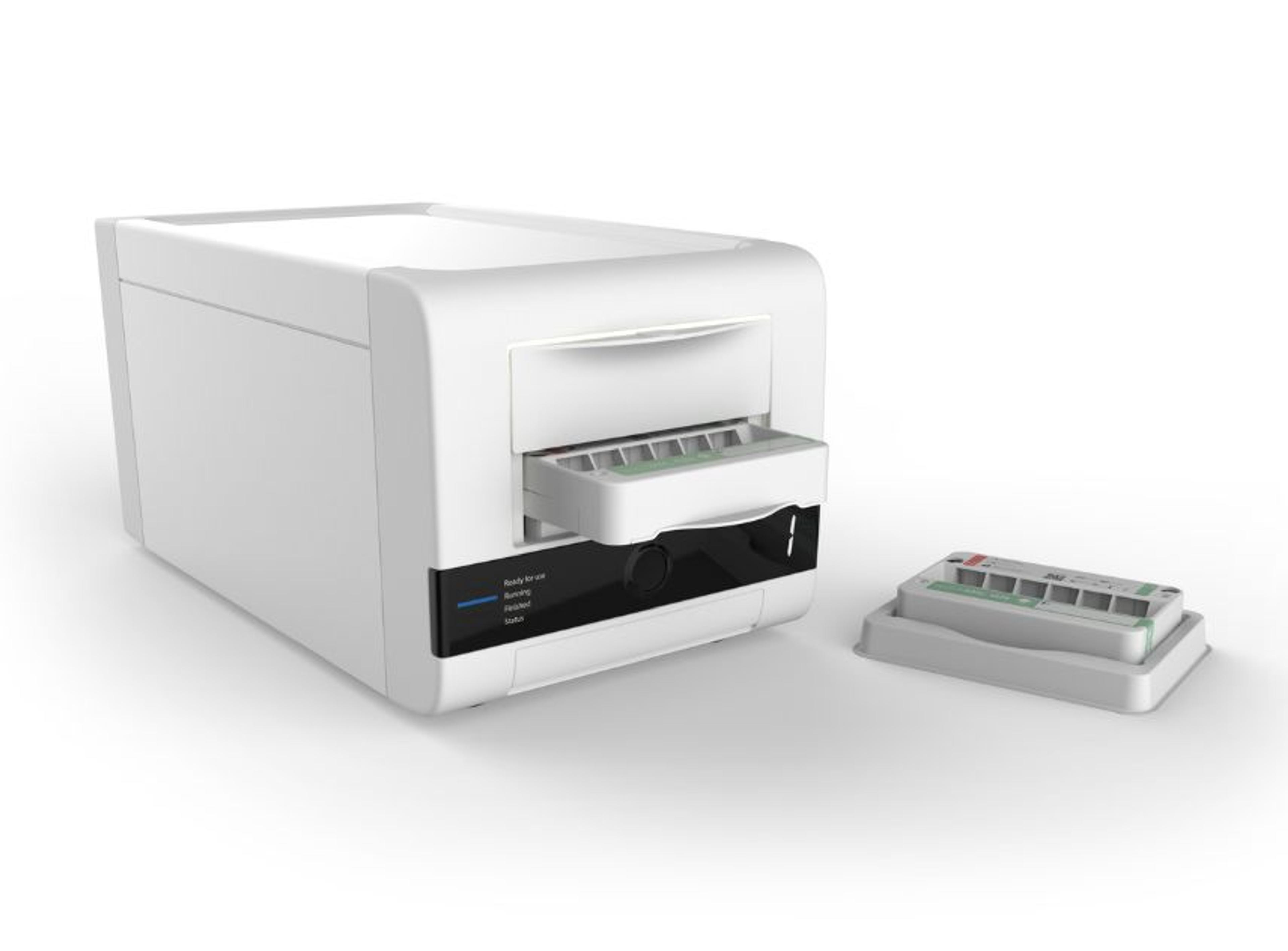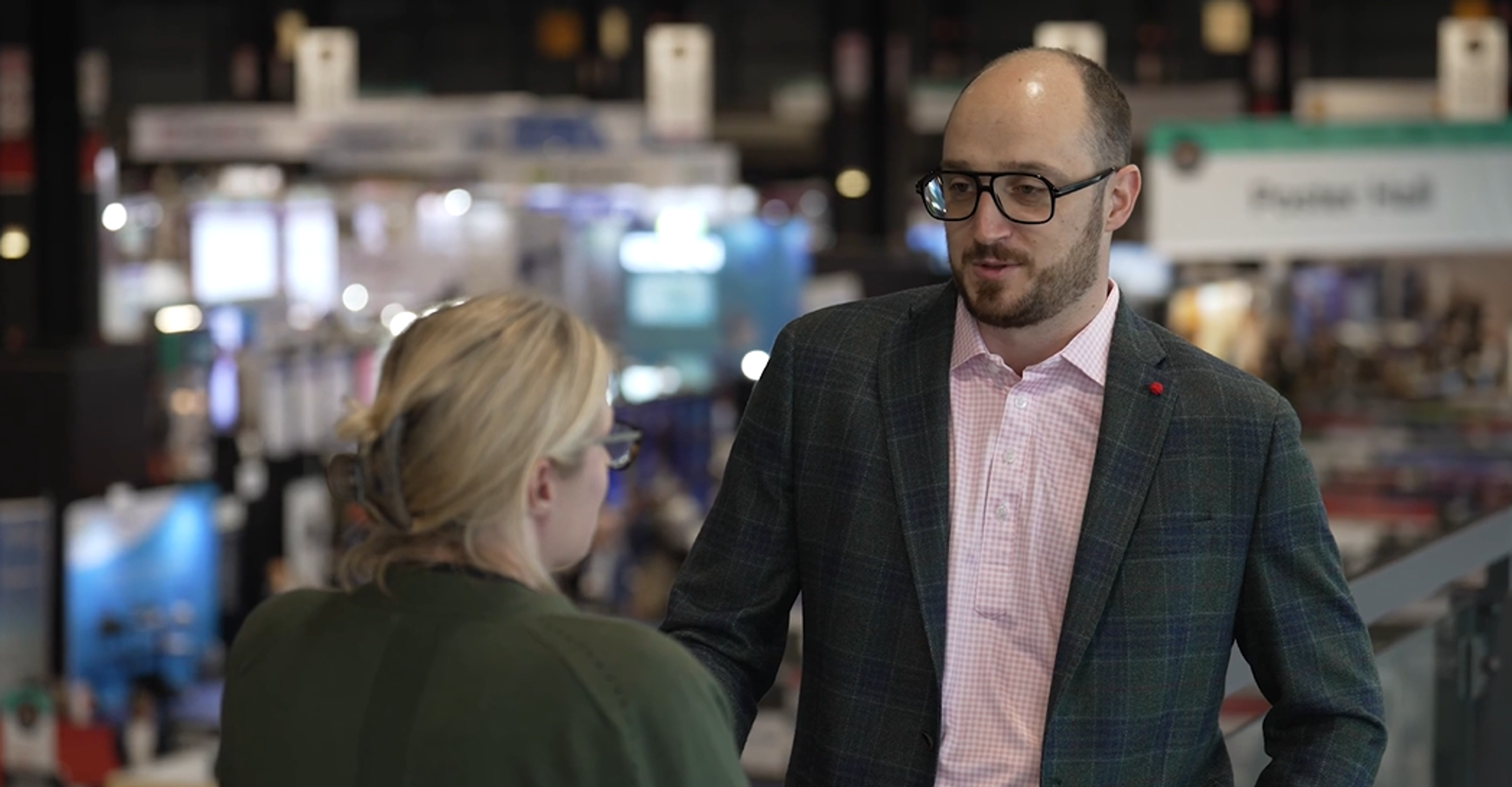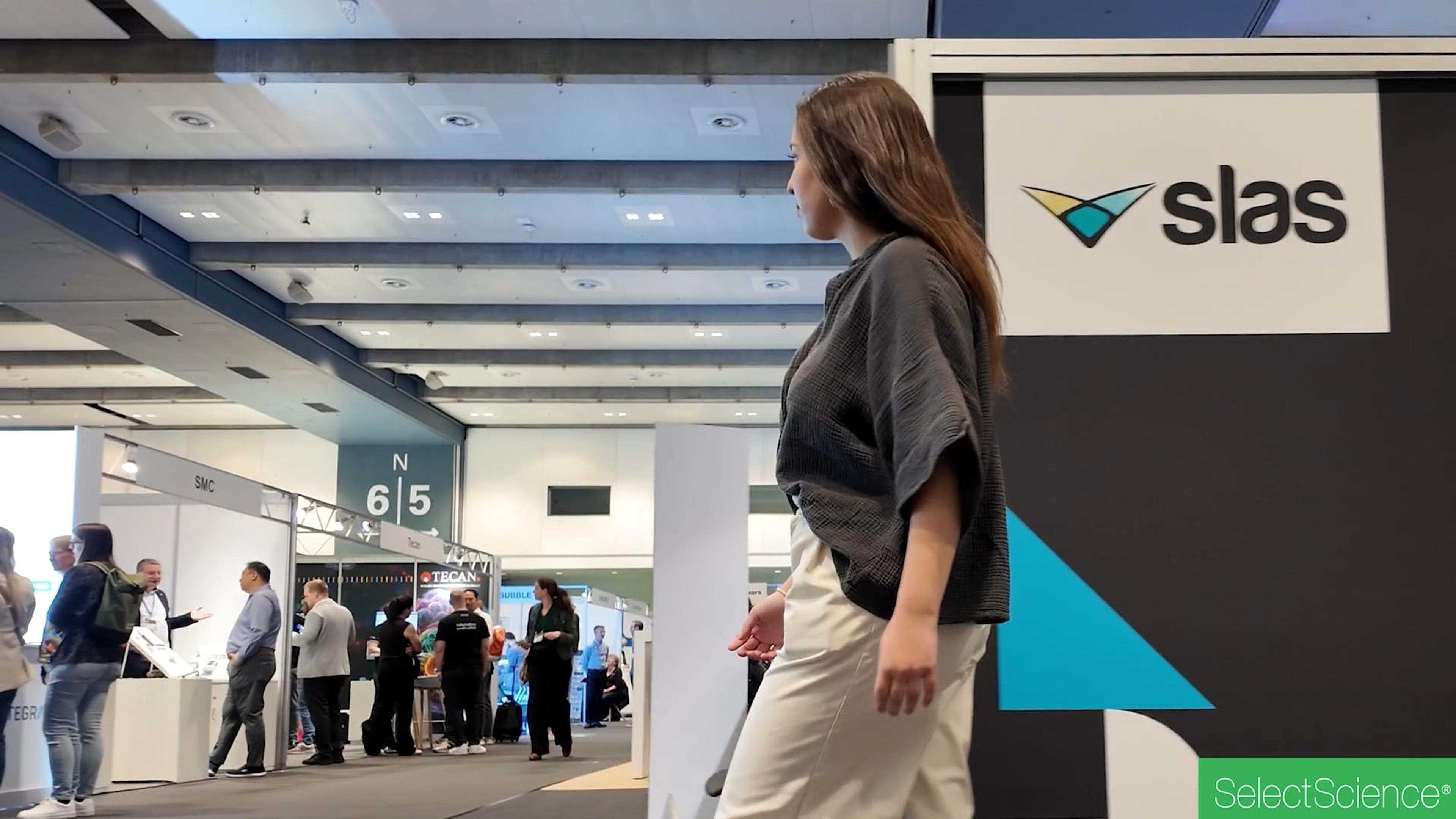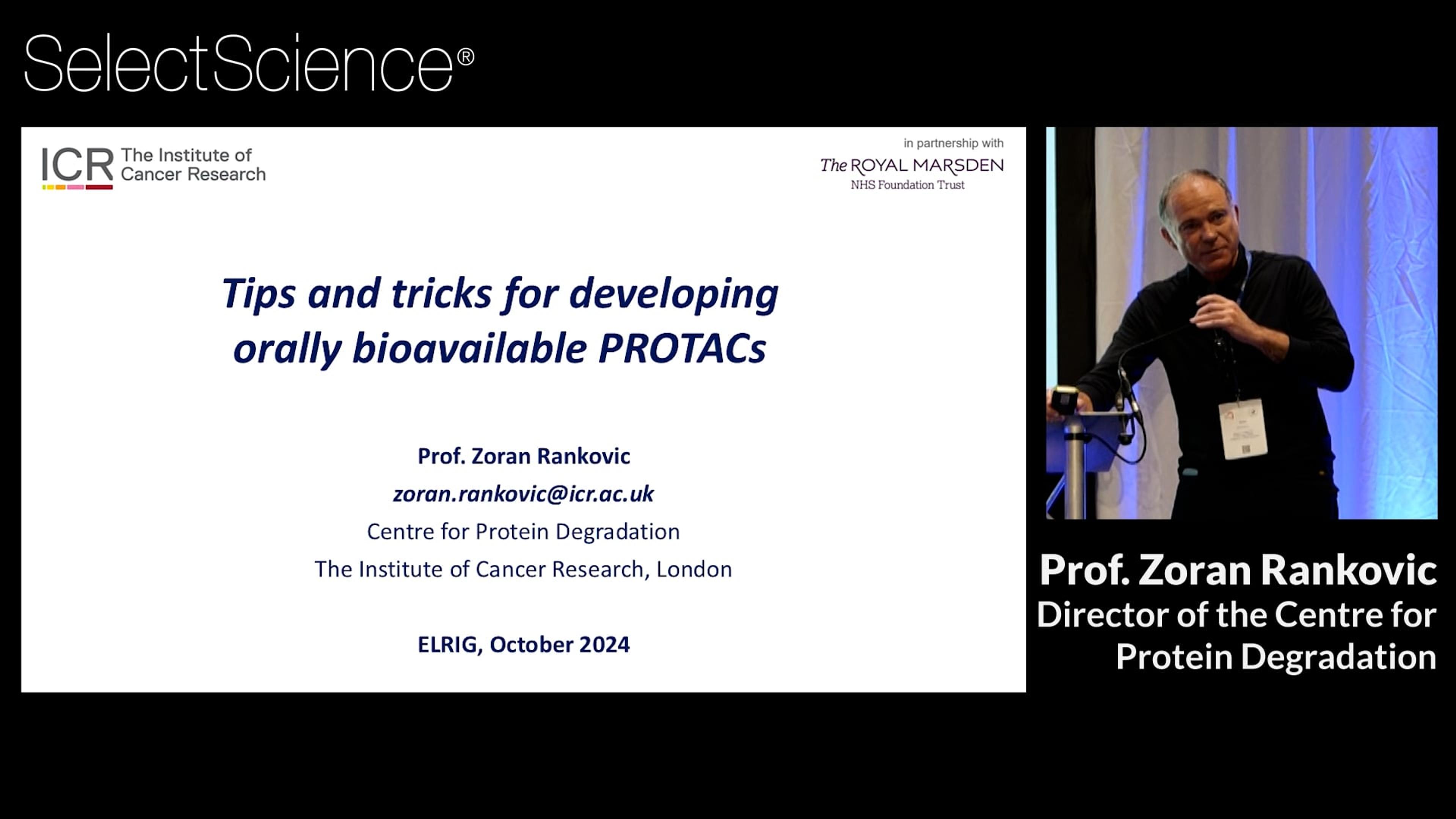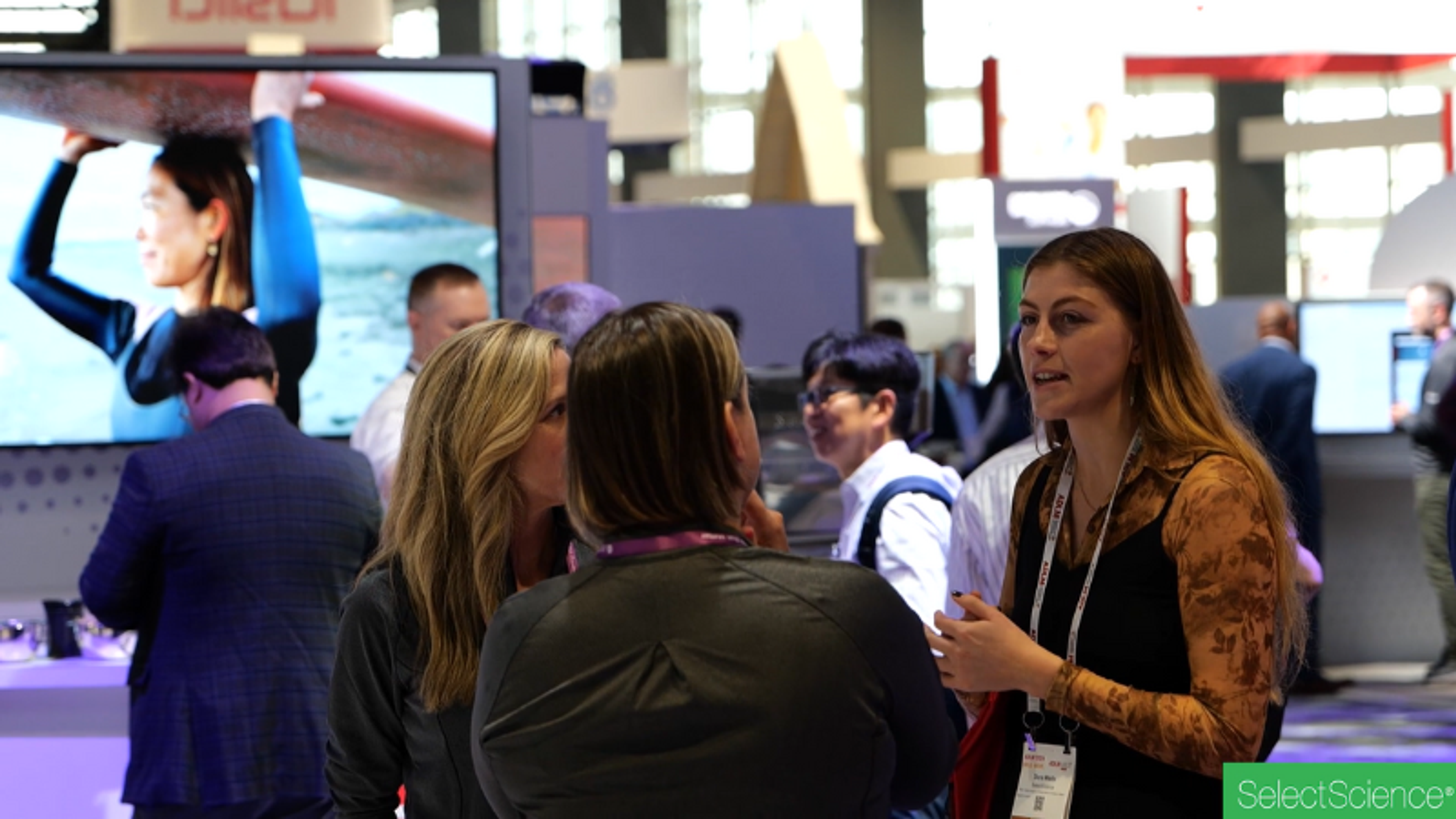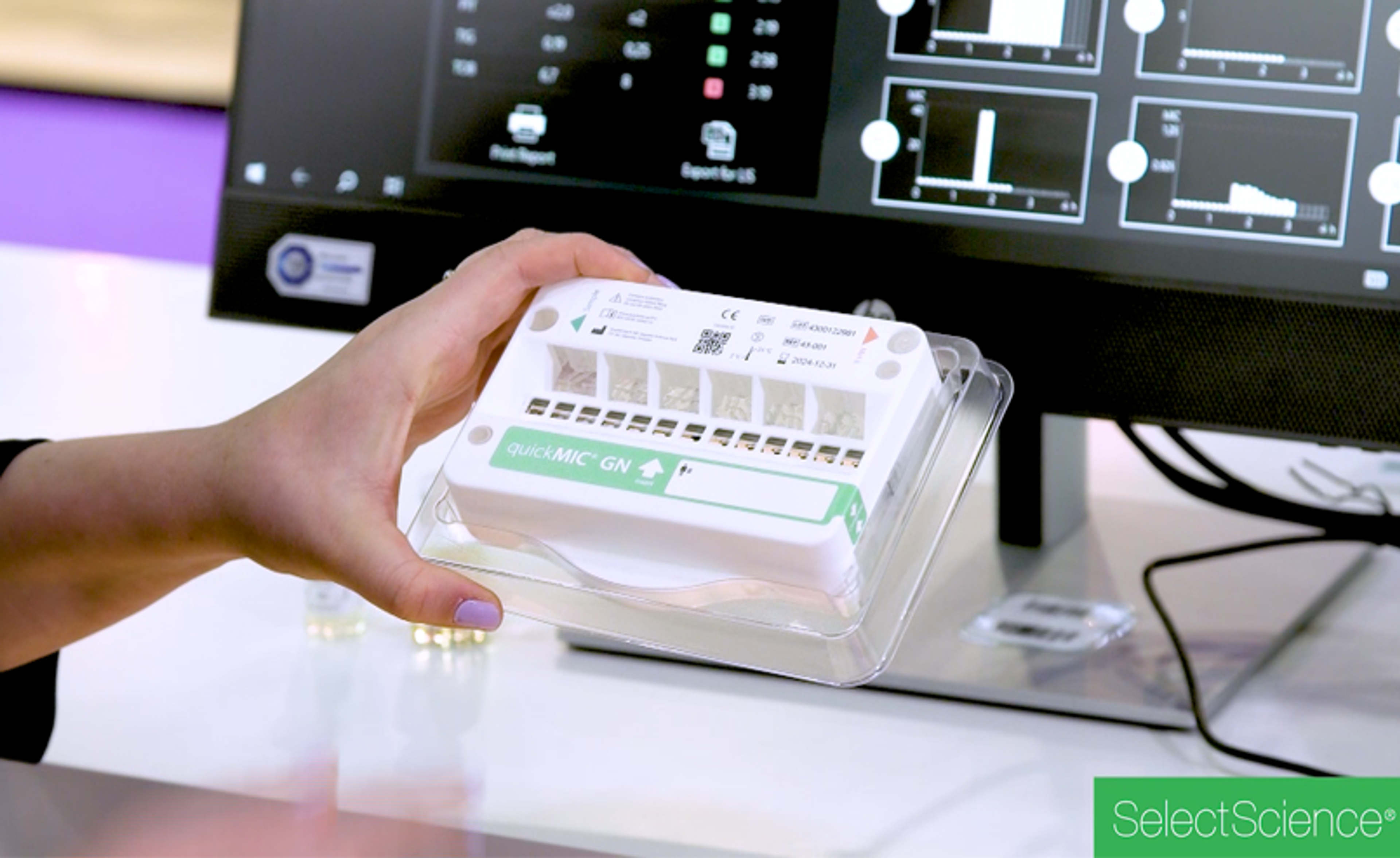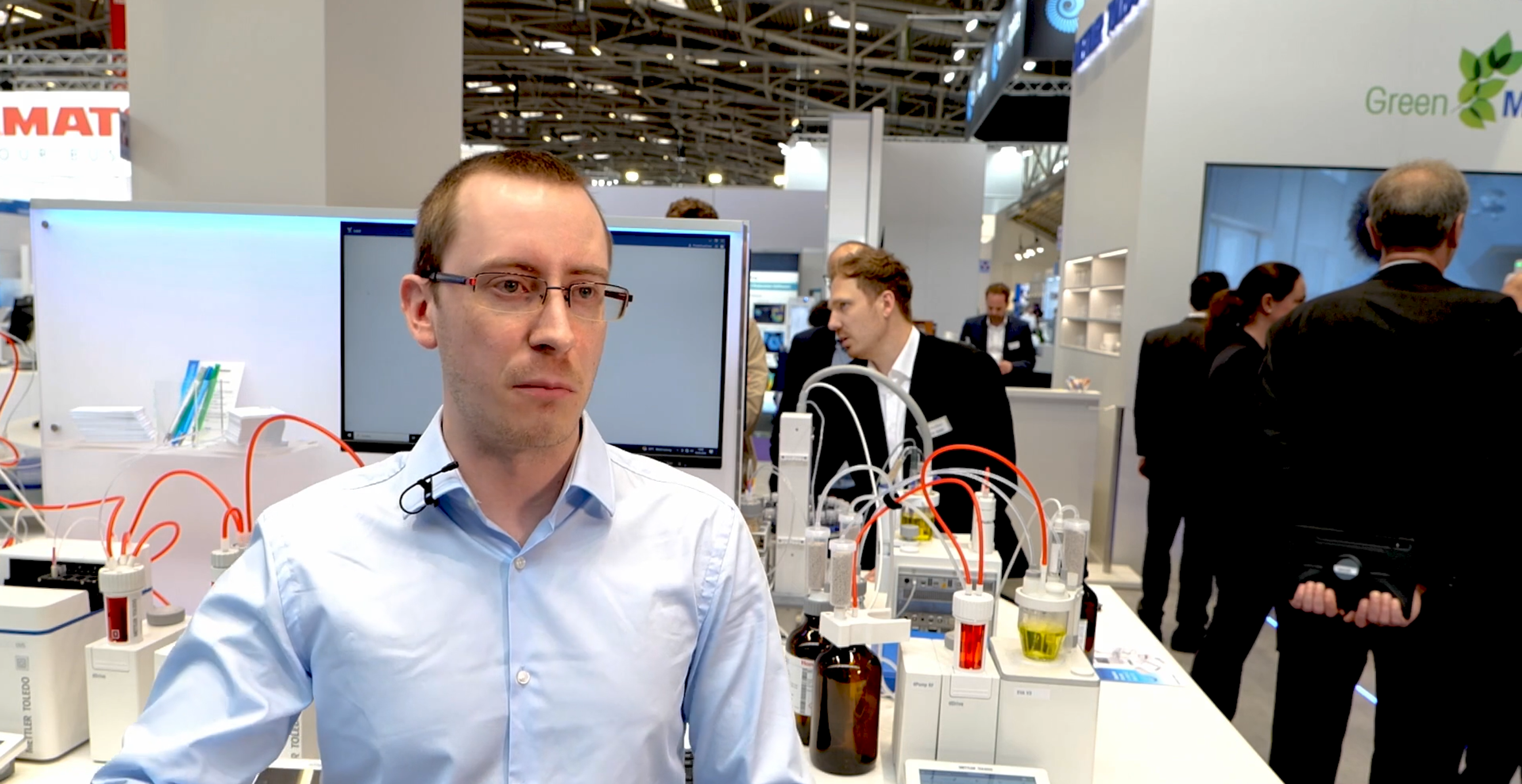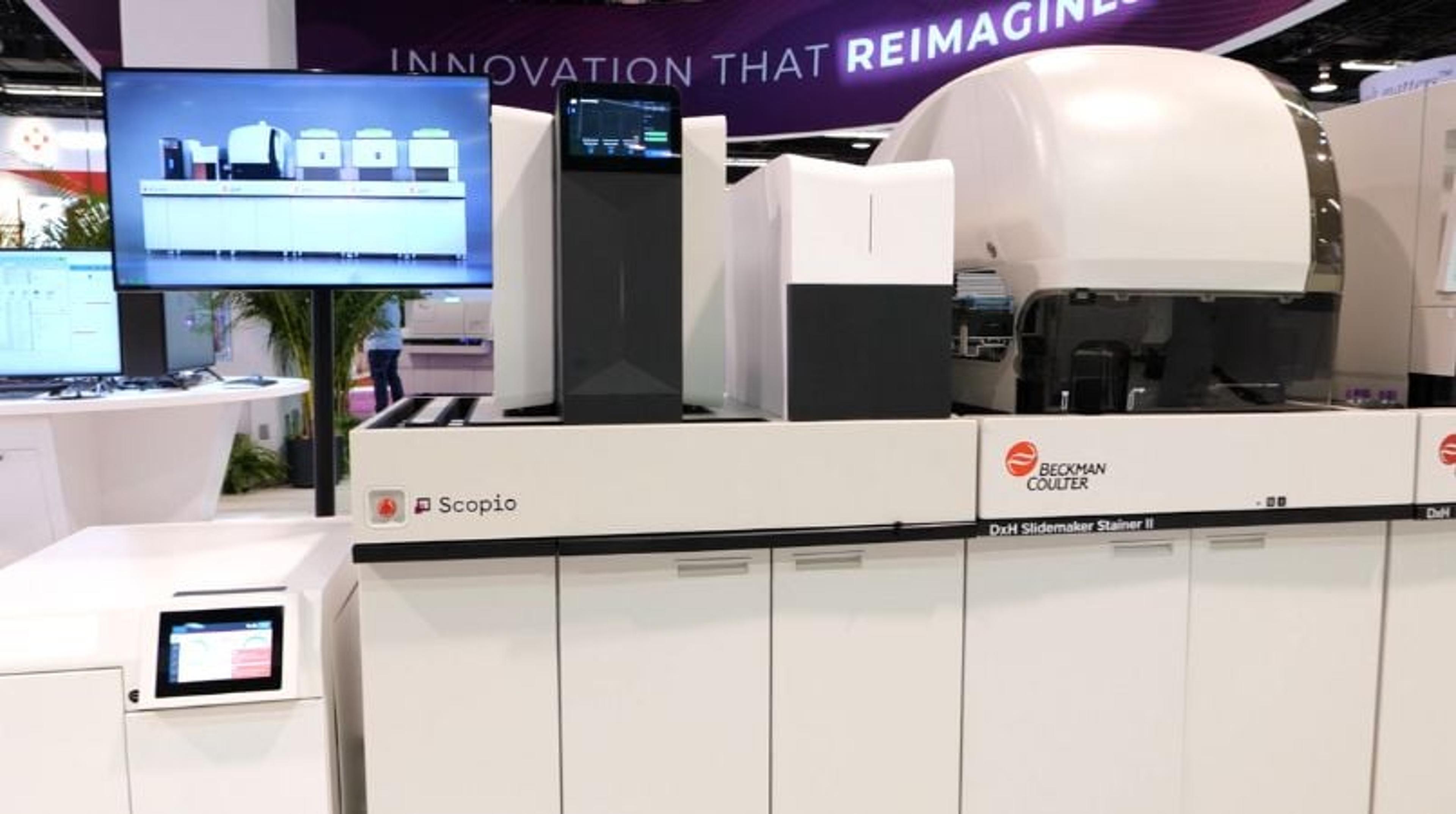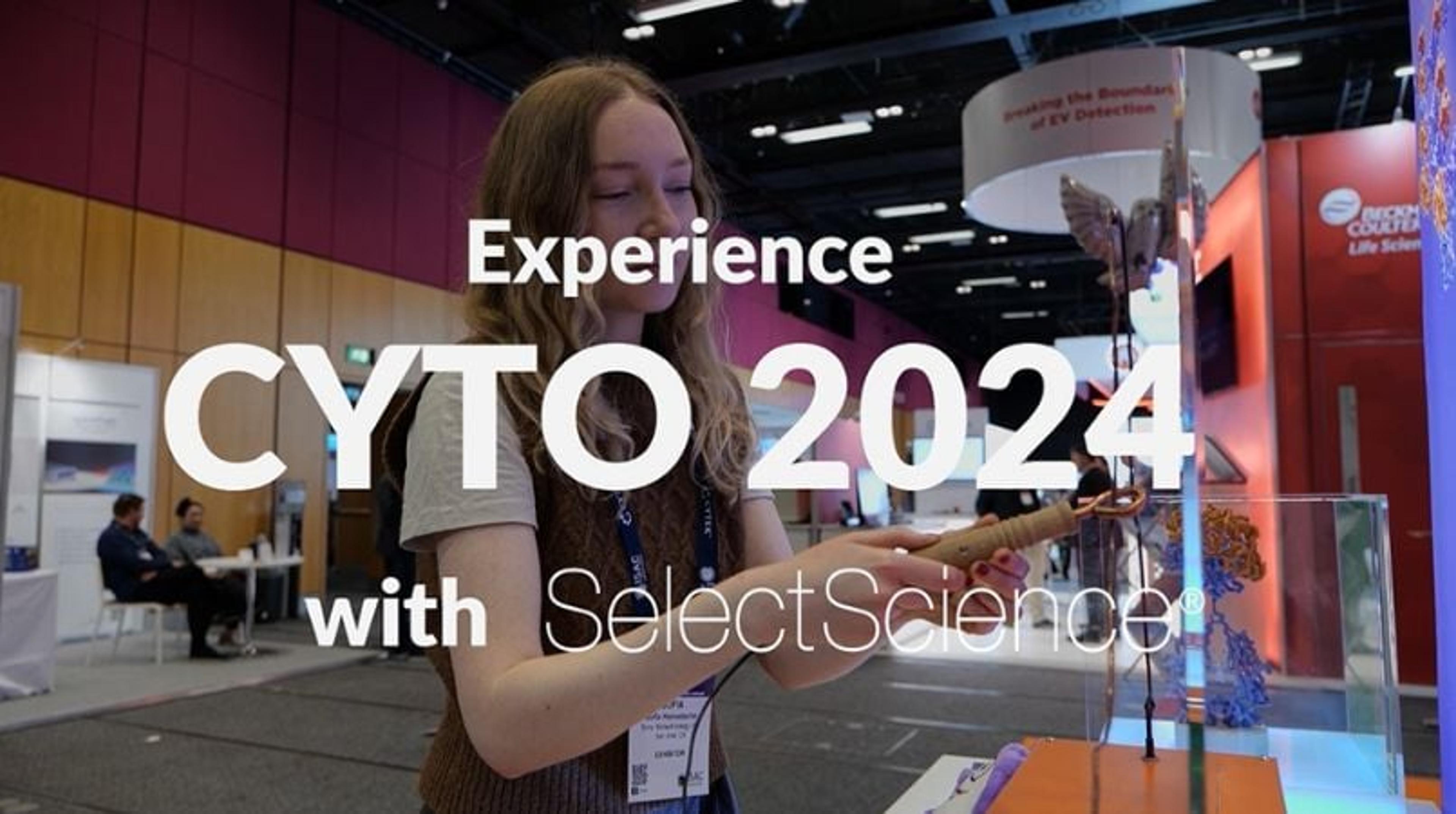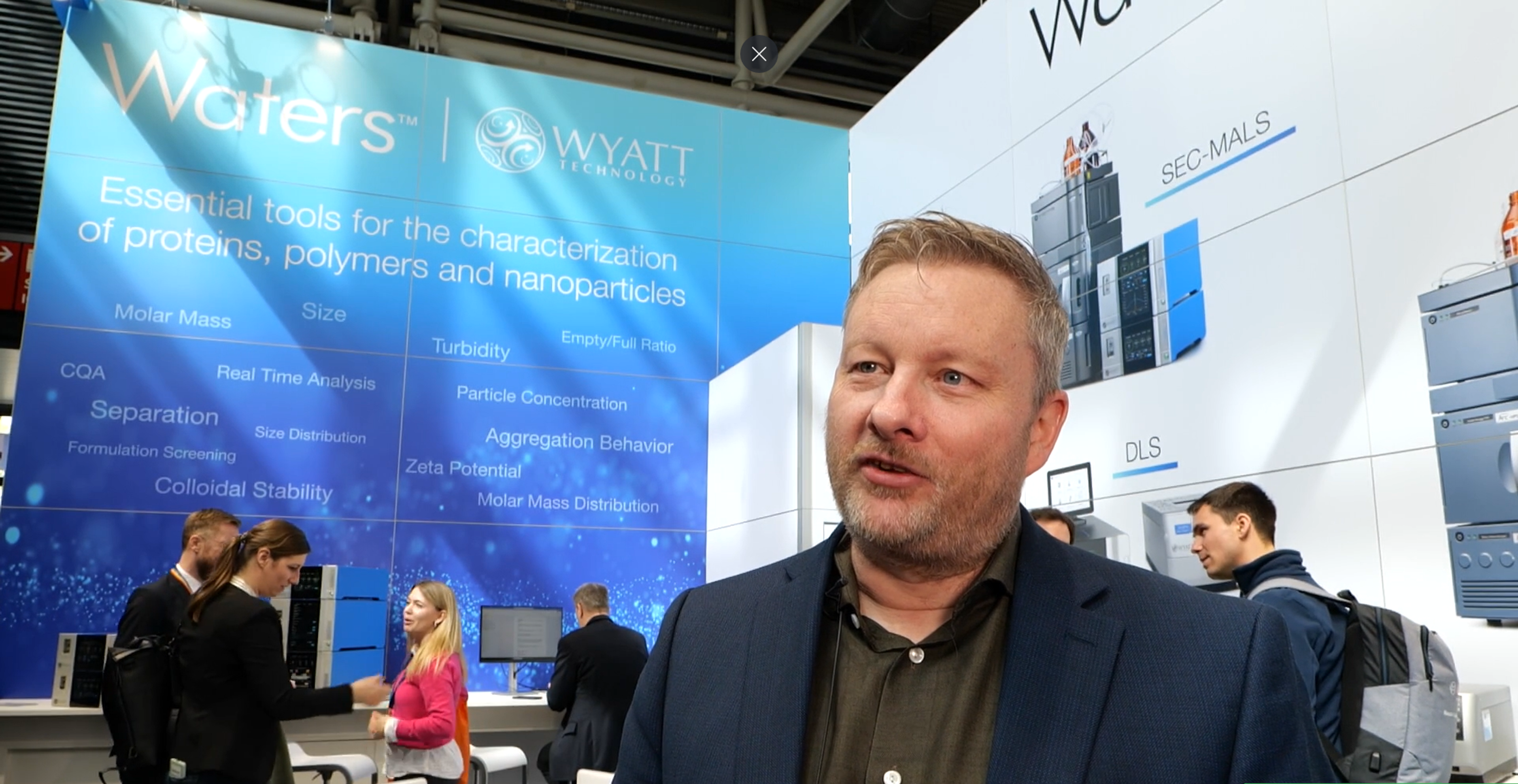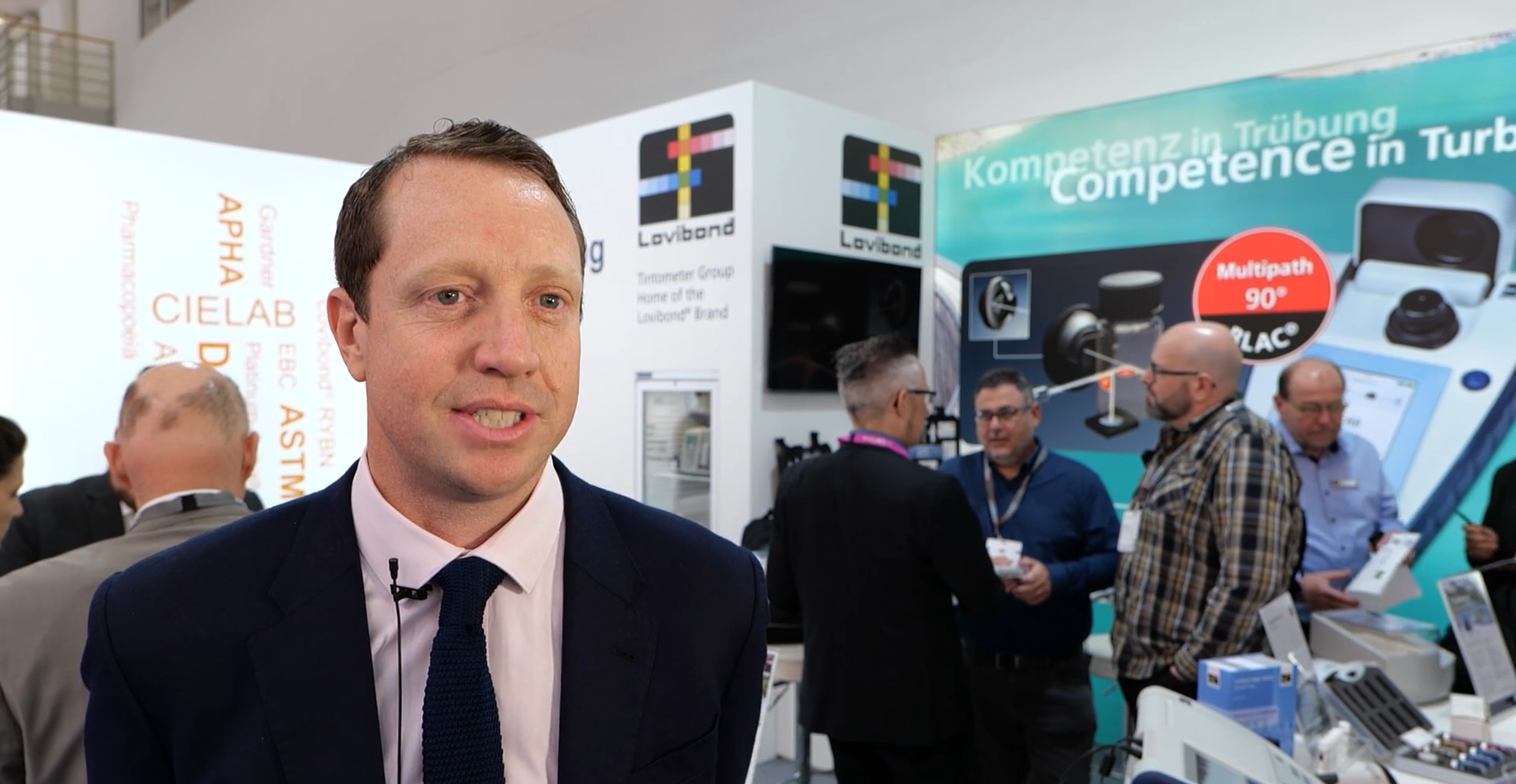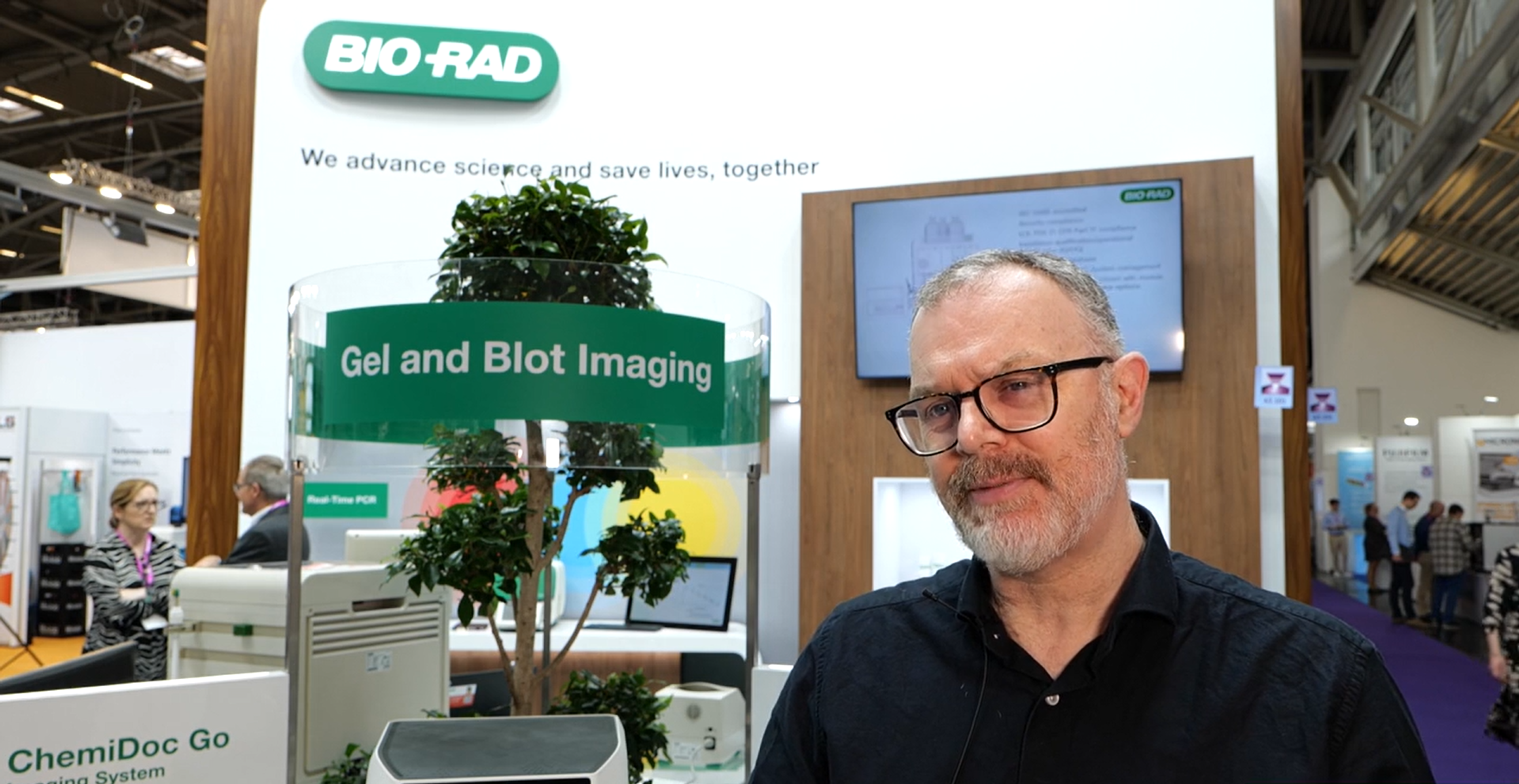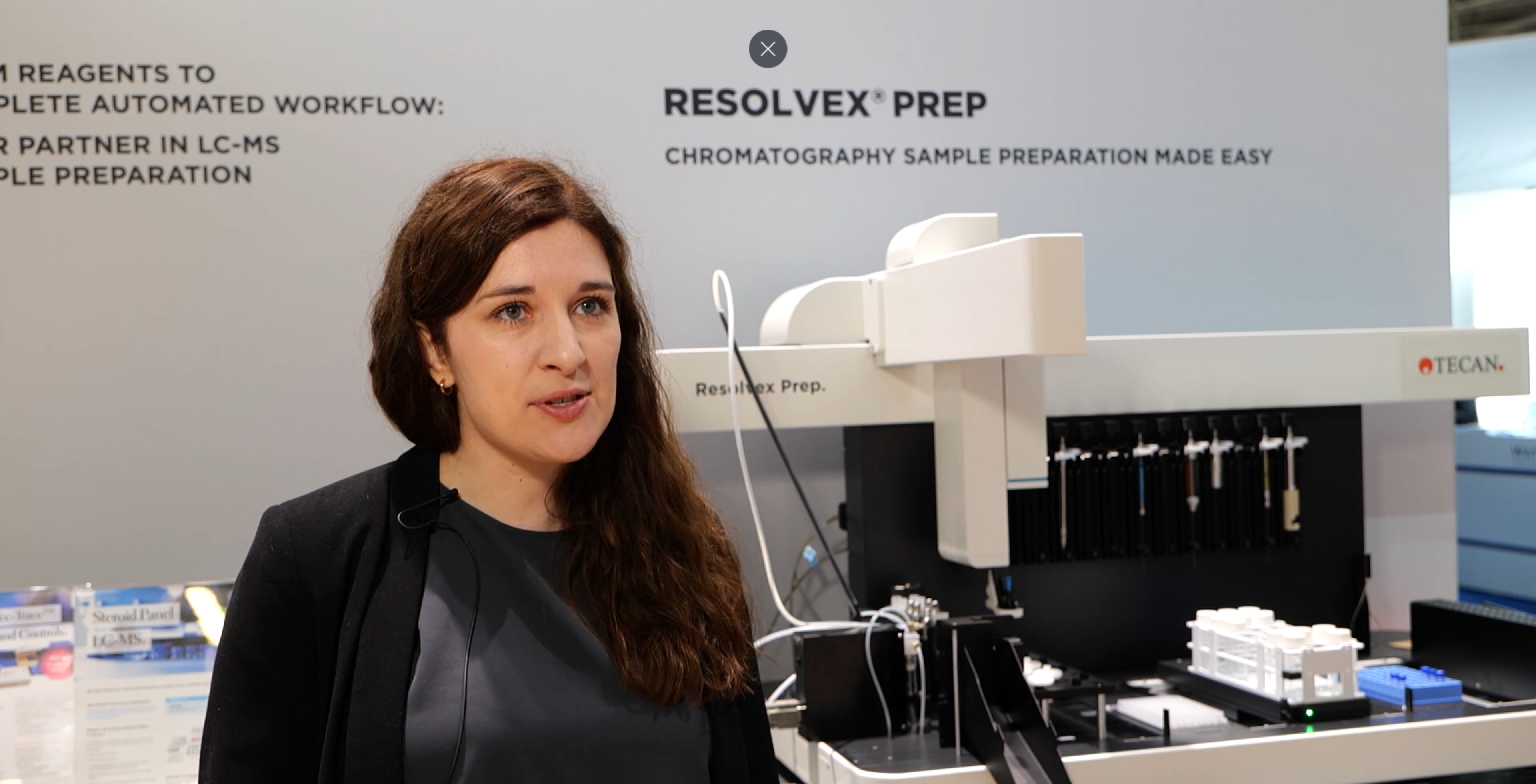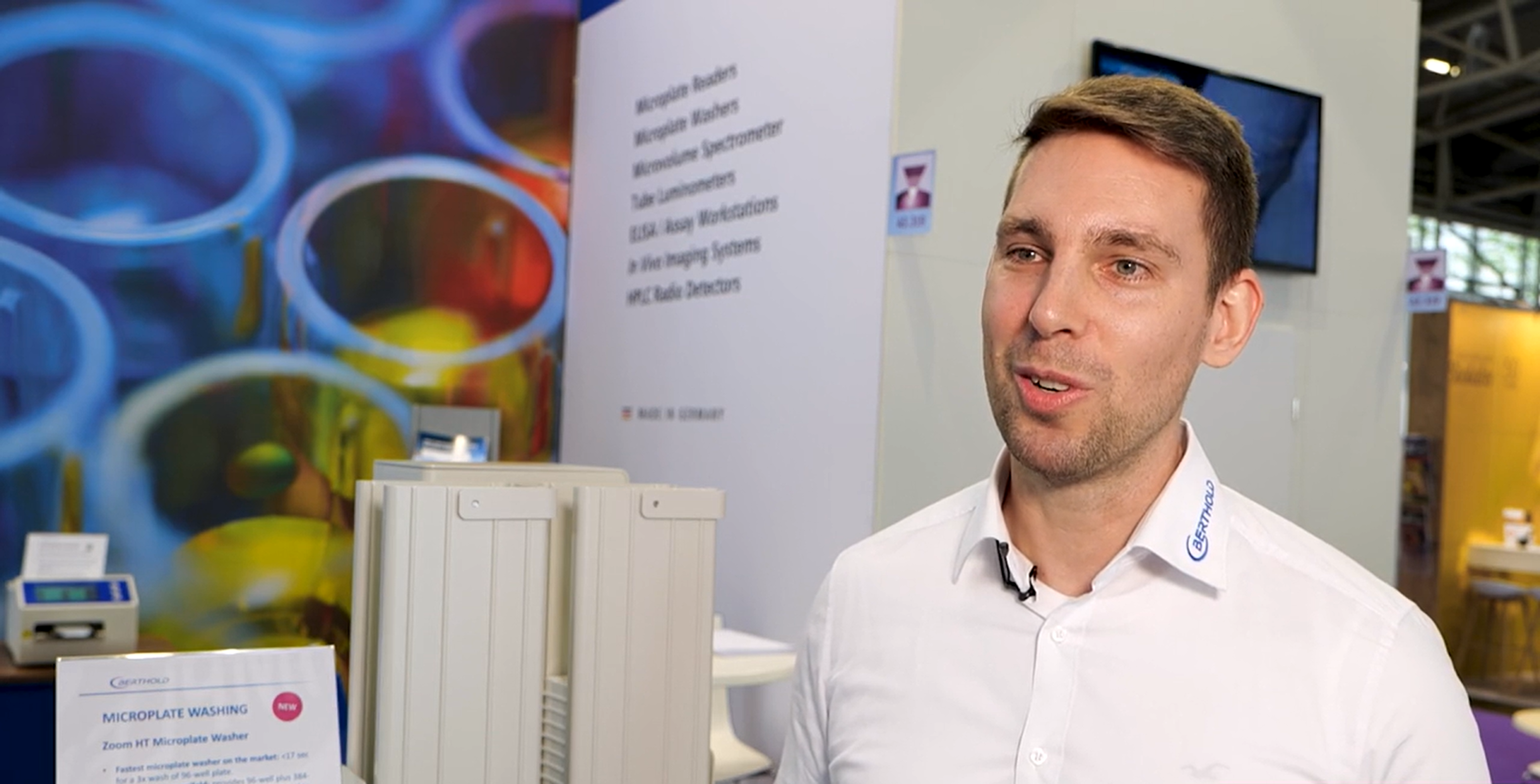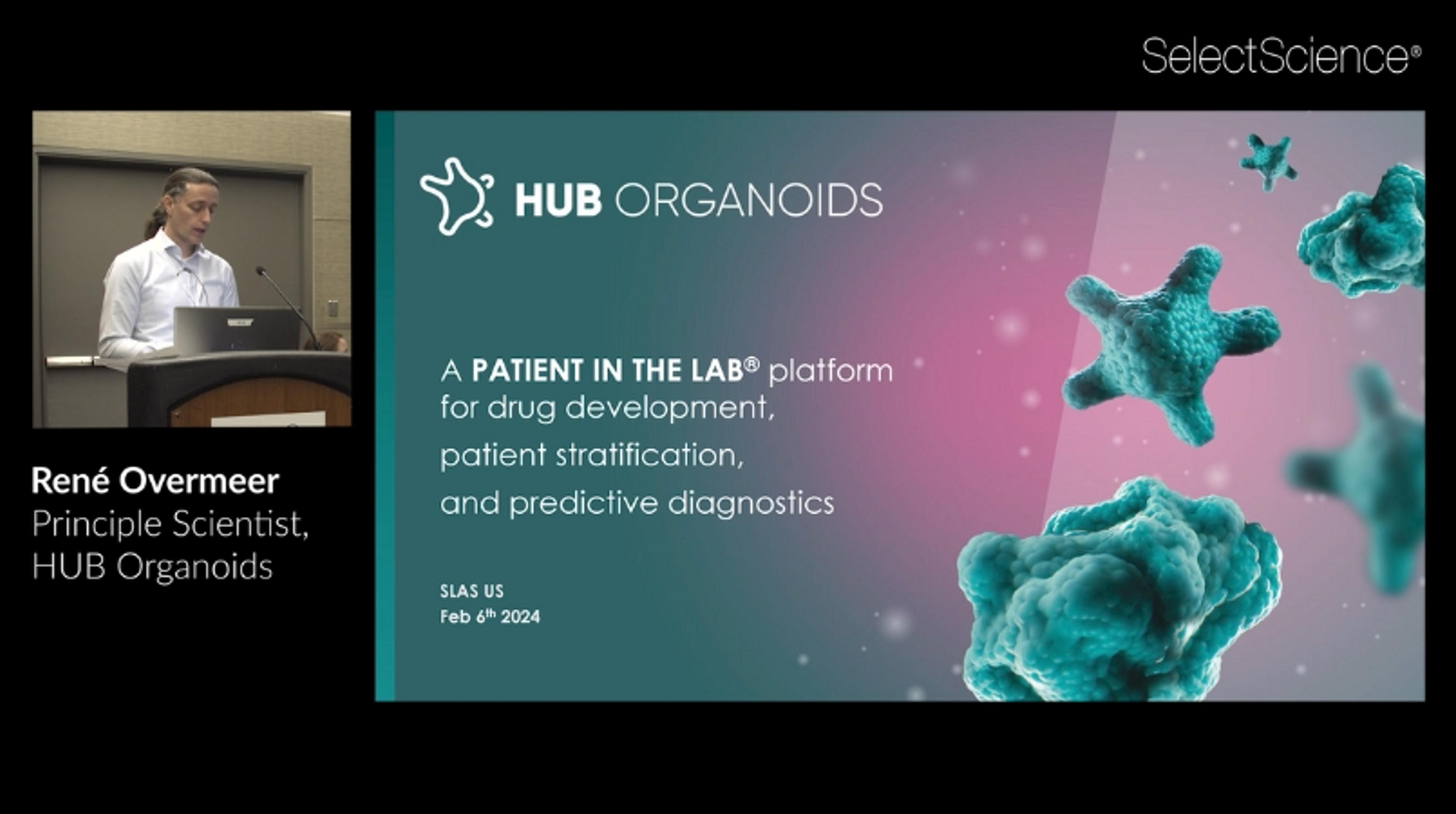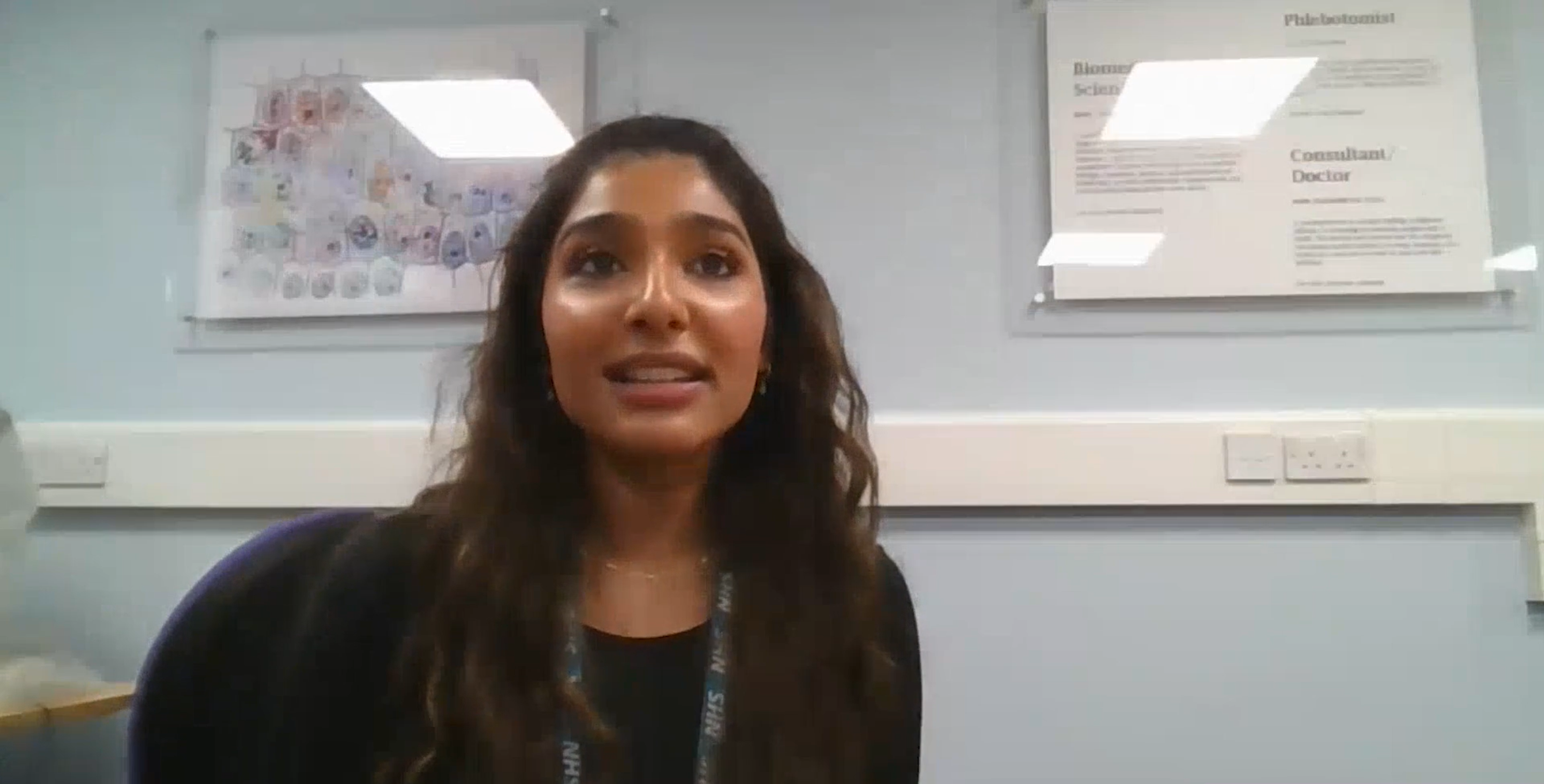Transforming patient care with ultra-rapid antimicrobial susceptibility testing
21 May 2023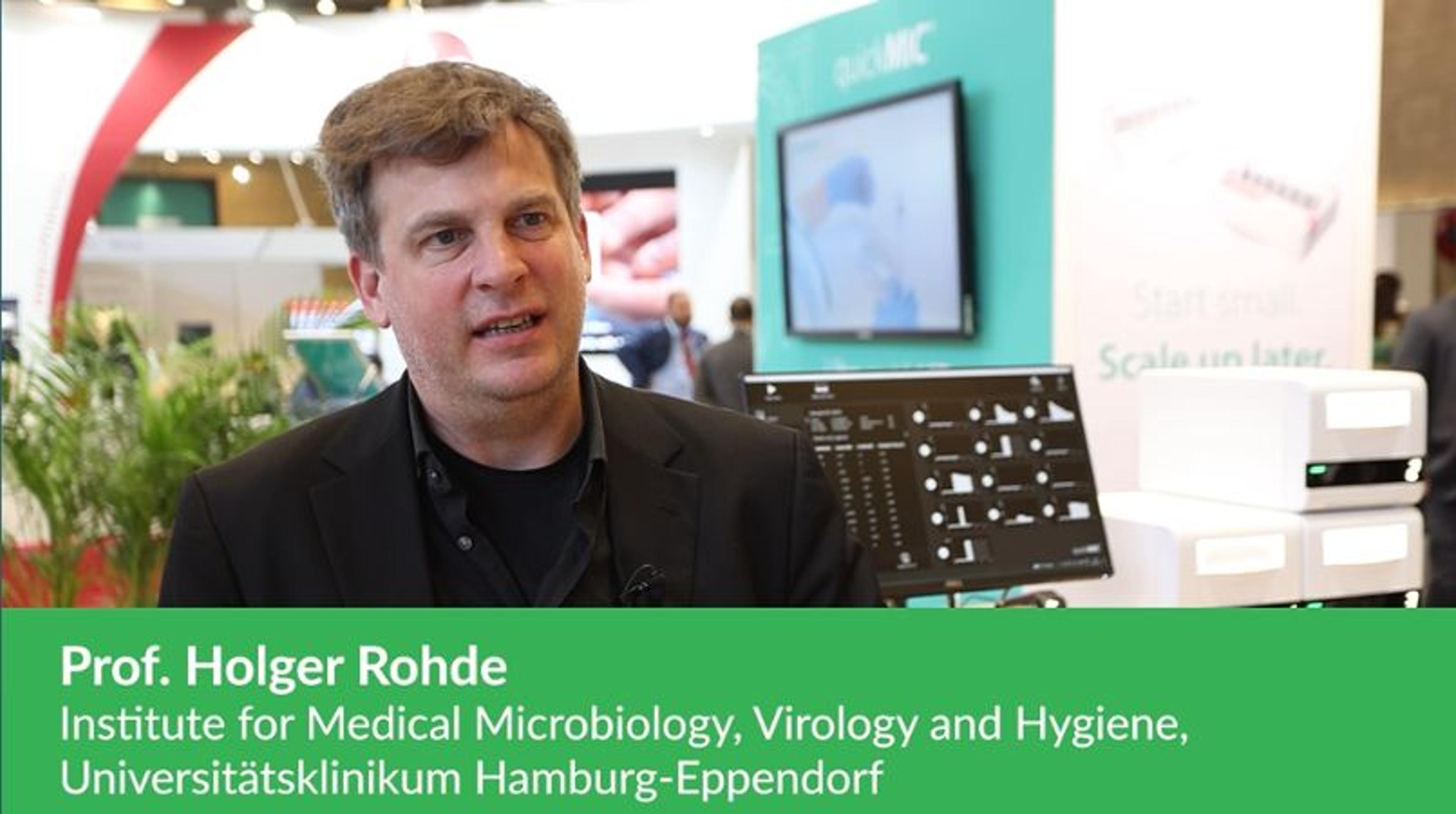
Many current antimicrobial susceptibility testing (AST) technologies can bear fundamental limitations, including low speed, high variability, and poor access to methods close to the patient. In this video, Prof. Holger Rohde from the Institute of Medical Microbiology, Virology and Hygiene, Universitätsklinikum Hamburg-Eppendorf, discusses how he uses the QuickMIC® from Gradientech to completely optimize laboratory diagnostic workflows and improve the communication of results to the clinician. Dr. Christer Malmberg, Chief Scientist at Gradientech, explains how this ultra-rapid AST system is designed to enable optimized AST to speed up time to result and delivery of optimized therapy for patients with infectious diseases.
This video was filmed at ECCMID 2023, Copenhagen.

